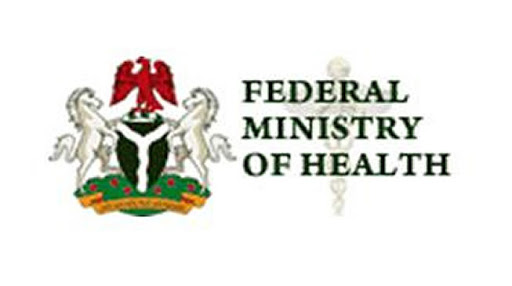By Iyemah David
Federal Ministry of Health and Social Welfare has emphasised the urgent need for multifaceted strategy to tackle the challenges posed by Neglected Tropical Diseases (NTDs) in the country.
The Director, NTDs Department, Mr Adebayo Peters, made the call at the end of a two-day National Design of Anti-Stigma Activities workshop titled “Strengthening Access to People-Centred Mental Healthcare for People with NTDs in Nigeria” in Abuja.
The workshop was organised and funded by Global Disability Inclusion (CBM), aimed developing experience-driven anti-stigma campaigns for skin NTDs.
It is also tailored for community-level adaptation to enhance the capacity of organisations representing persons affected by NTDs.
NTDs refer to a diverse group of parasitic and bacterial diseases that cause significant morbidity and mortality in more than 1 billion people worldwide, which disproportionately affect poor and marginalised populations.
Some of the NTDs in Africa are: buruli ulcer, rabies, scabies, leprosy and lymphatic filariasis.
Mr Peters, therefore, underscored the importance of holistic approaches encompassing not only medical interventions but social, economic and cultural considerations.
He highlighted the interconnection of NTDs with broader societal issues such as mental health, stigma and socio-economic disparities.
He said “addressing these diseases requires more than just medical treatment. It requires comprehensive approach that tackles underlying determinants such as poverty, lack of education, and inadequate sanitation infrastructure.”
The director noted the fragmented nature of existing healthcare systems as key challenge in combating NTDs, urging greater collaboration among government, international organisations, civil society groups and the private sector to coordinate resources effectively.
Mr James Cleobas, the Programme Officer at CBM Global, stressed the role of education and community awareness in combating misconceptions surrounding NTDs.
Cleobas also stressed the need to dispel mythical beliefs and empower affected individuals to overcome self-stigmatisation.
He highlighted the significance of integrating individuals with NTDs into public spaces without discrimination and advocated inclusive healthcare system that cater to both NTDs and non-NTDs patients.
He outlined innovative interventions aimed at breaking the cycle of poverty and NTDs, including economic empowerment initiatives and community engagement campaigns to ensure widespread access to healthcare facilities.




